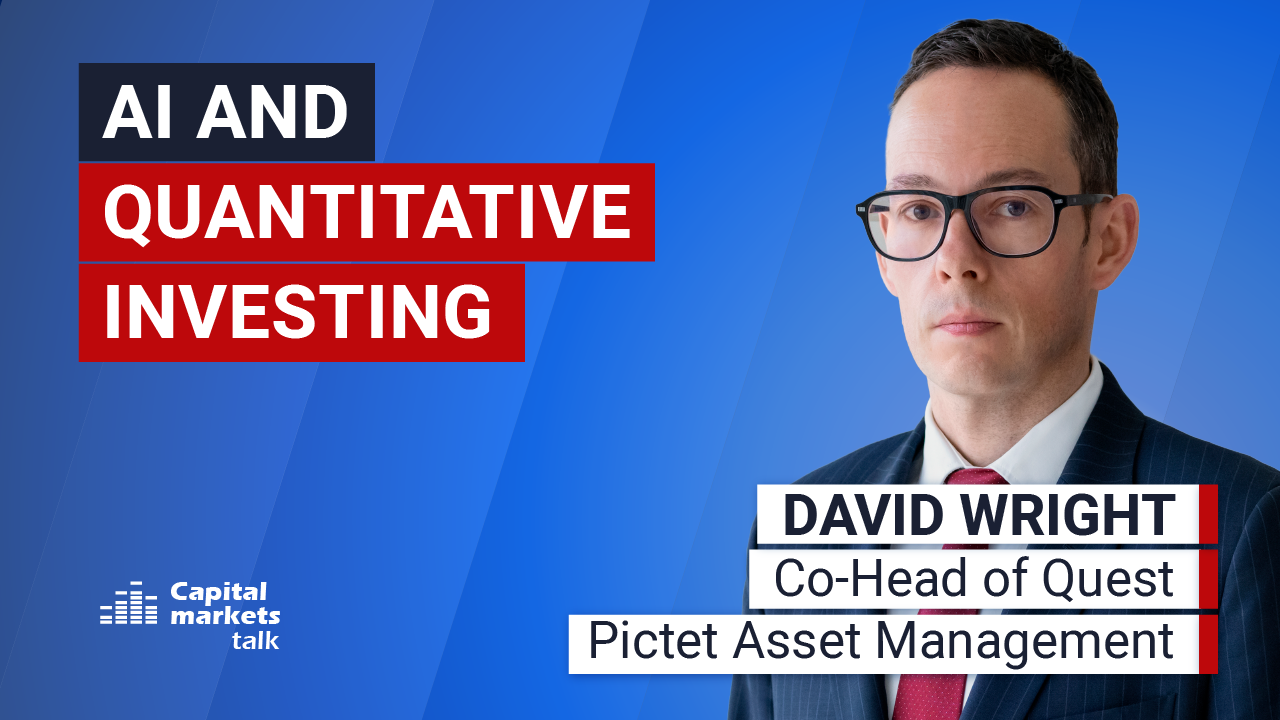Investors are increasingly considering sustainability factors when it comes to investing. One industry that has come under greater scrutiny by regulators, consumers and investors, is the fashion industry. Material use, labour practices and pollution are factors that are closely watch – and the trend moves to sustainable fashion. In fact, if the industry wants to reduce its environmental impact, current trends in fashion consumption and production cannot be maintained, writes Newton Investment Management.
As per World Bank estimates, the apparel industry is responsible for 10% of global carbon emissions annually. In 2016 alone, greenhouse gas emissions from the fashion industry totalled 4 billion tonnes of CO2 – more than those emitted by all international flights and shipping combined, as per consultancy Quantis. Furthermore, about 20% of industrial water pollution derives from garment manufacturing, and 20% is attributable to the dyeing and treatment of textiles.
“There are numerous ESG concerns that, left unaddressed, could have a financial impact on companies. This creates multiple risks that could affect the sector across multiple environmental and social issues,” writes Rebecca White, a responsible investment analyst at Newton.
Therefore, apparel companies need to change. The key is to determine where solutions exist, or where might they emerge, and what can be addressed through operational practices, as per Newton. “Fortunately for the industry, there are numerous points along the supply chain to improve sustainability: upstream activities such as materials production, preparation and processing, and downstream retail, logistics, and product use,” says White.
Companies in the industry might implement ESG practices for different reasons – to attract investment, or meet regulatory expectations, and to see real-world impact.
Whatever the reasons or solutions, they can lead to investment opportunities. “We believe it is useful to examine funding in behind-the-scenes start-ups that can help drive innovation. In our view, there are three focus areas: recycling technology, supply-chain traceability, and innovative materials,” as per Newton.
View the full insight here.
Read more

Global Trade
Trump ignites global trade war / Reactions
The USA itself will be the victim of Trump’s trade policy.

Private Debt
The case for private debt in real asset financing
What makes the combination of private debt and real assets particularly compelling in today’s market?

Schroders
Looking ahead: 30-year return forecasts
Higher returns are expected across asset classes, driven by stronger productivity growth for equities and elevated long-term central bank rate projections for bonds.

Quant Investing
AI and quantitative investing
Artificial intelligence applications go way beyond stock selection.

Bellevue Asset Management
Demographics and AI drive MedTech stocks
MedTech investment case: What makes it attractive, which trends stand out?





















